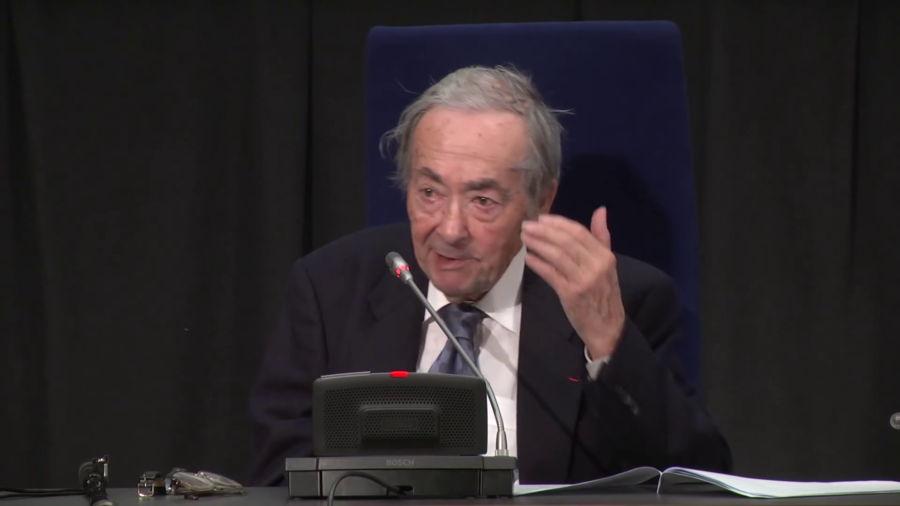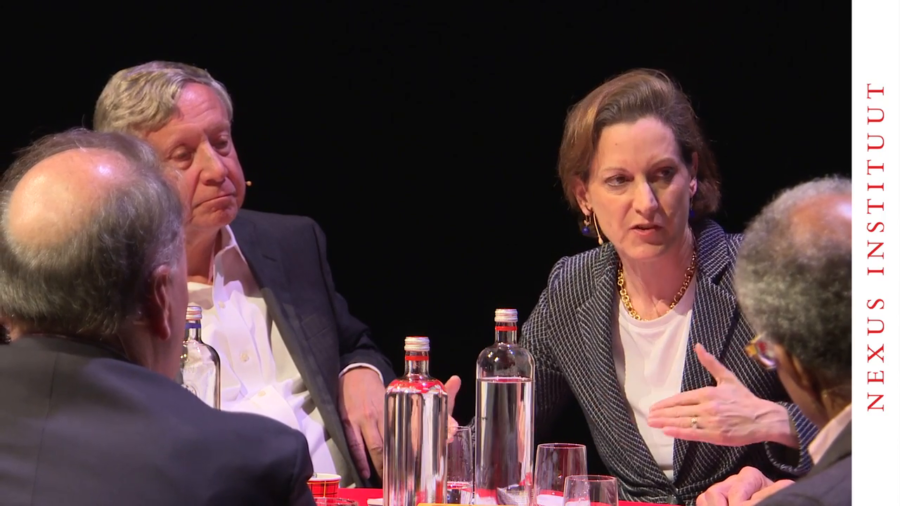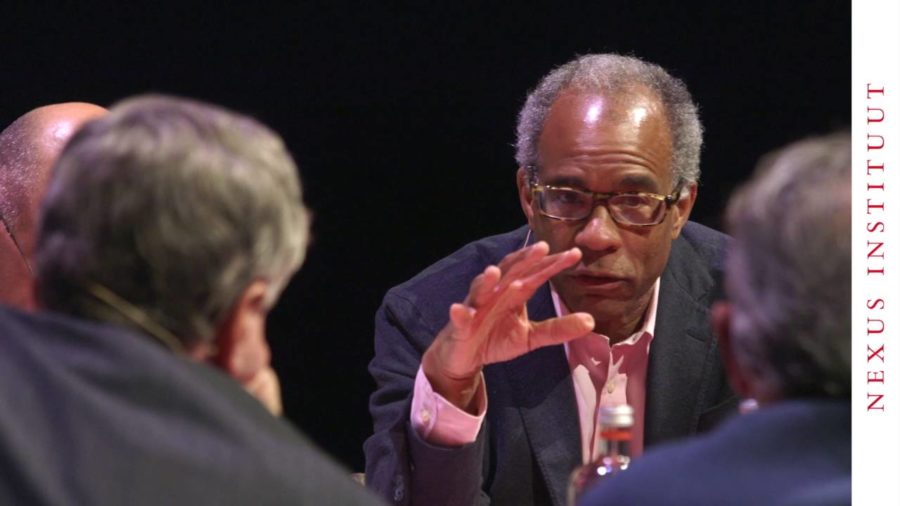What then shall we do? Some reforms are not difficult to envisage. We must purge our vocabulary, we must clean up our language to say what we mean.
Archive (Page 1 of 3)
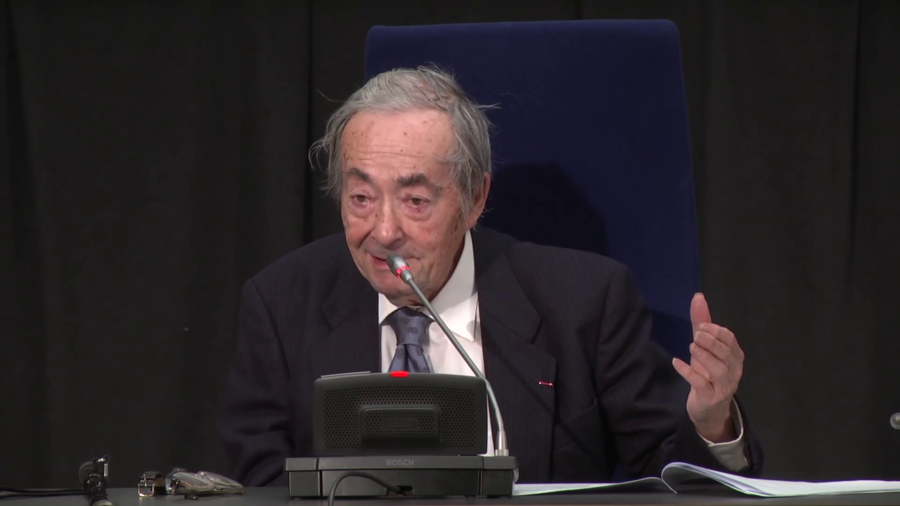
When we invoke the ideals and practices of the humanities, there is no assurance…that they humanize.
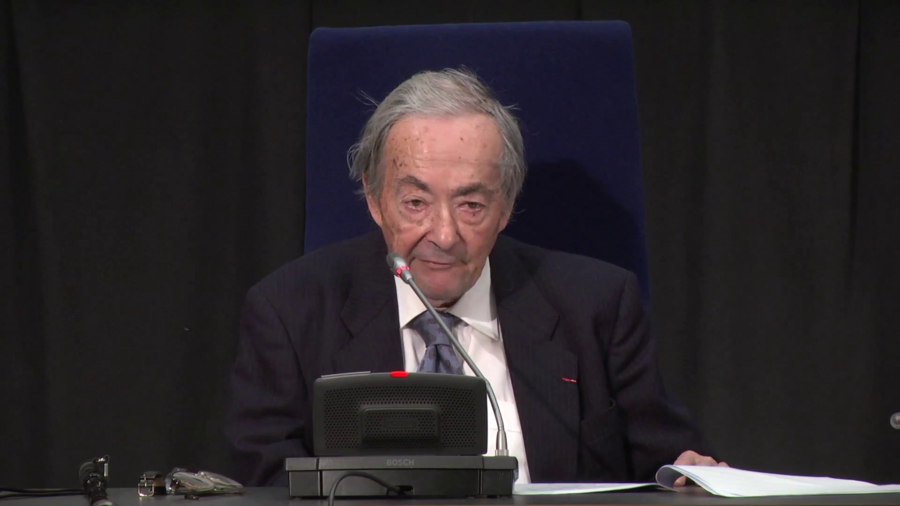
The explosion of science and technology has transformed not only our universities but after Descartes and Leibniz the very status of knowledge and of truth.
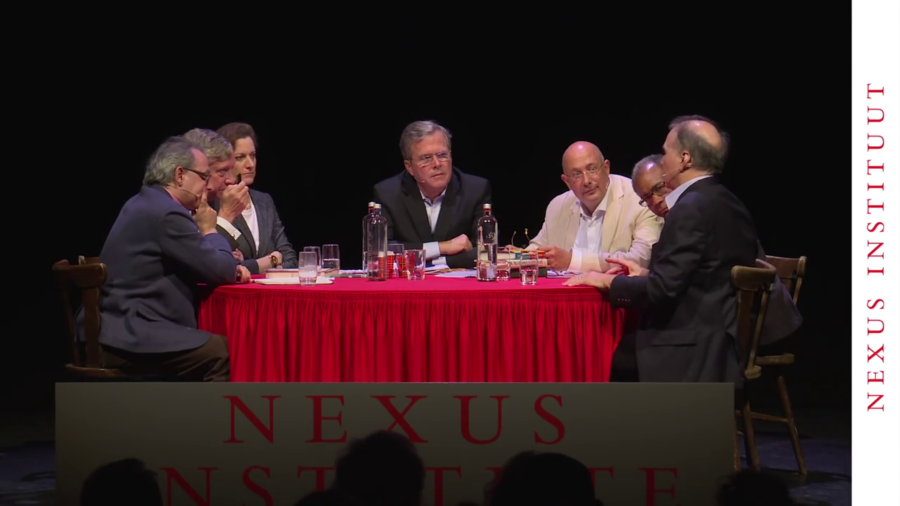
Donald Trump is not an American phenomenon, solely an American phenomenon. We see Trumps emerging all across the West, all across Europe—Western Europe and Eastern Europe. And they are repeating themselves in very similar ways.
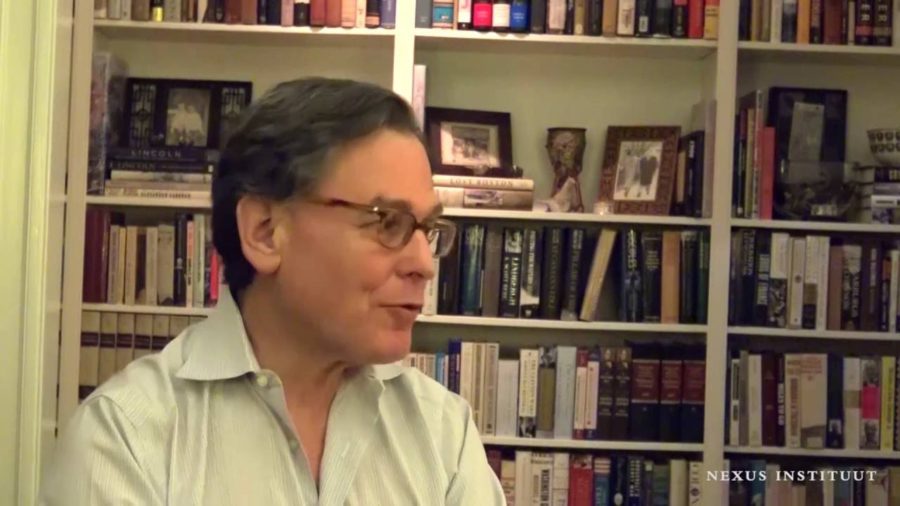
There’s always been this strain, particularly in American politics, a skepticism about politicians. We’re in one of these periods where there is such skepticism, but it runs deeper.
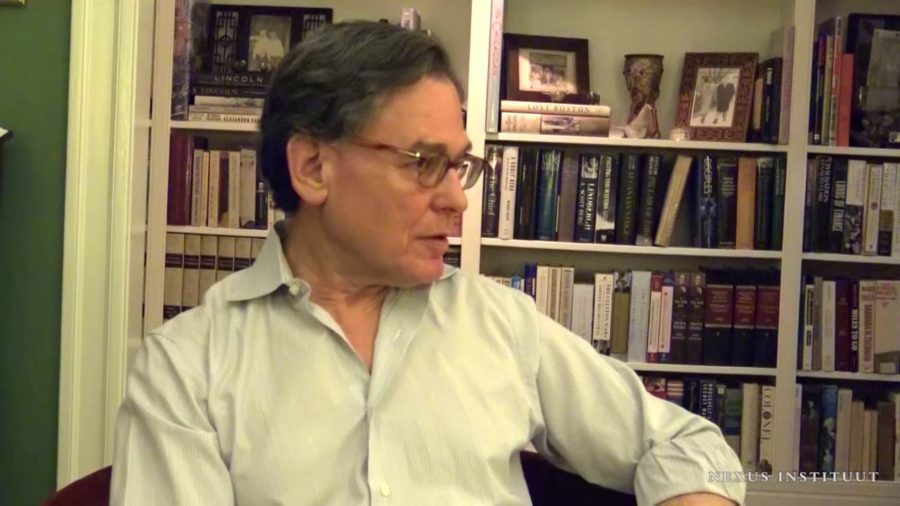
I have known Hillary for almost thirty years. And I hope that when this conference takes place, she’s been elected president. We share common values, political values. But also I think that these are deeply rooted in our own personal experiences. And these values we’ve defended against all sorts of people who have used whatever means that they could, many of them underhanded, in order to try and destroy reputations, attack people personally, to engage in what we’ve called the politics of personal destruction, but for political advantage and gain.
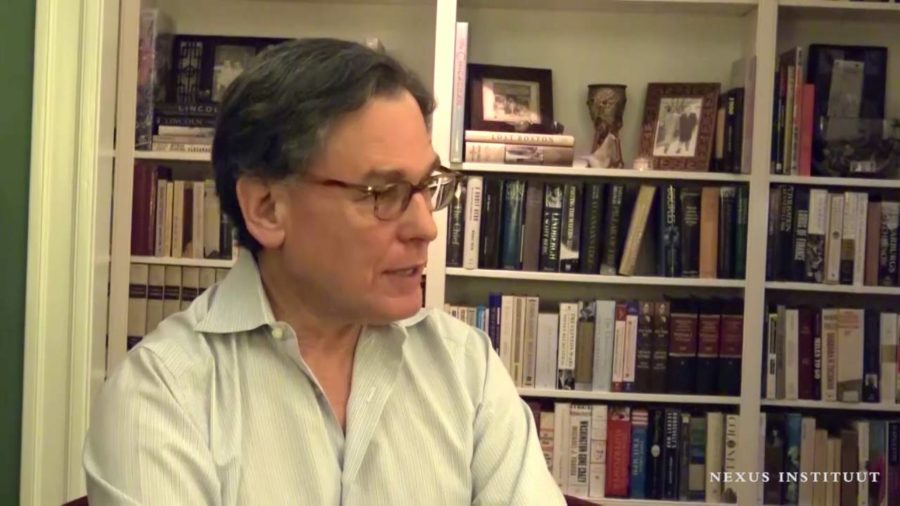
Lincoln spoke of the United States as the last best hope on earth because the United States was the last, and only, and first, successful Democratic Republic in the world.
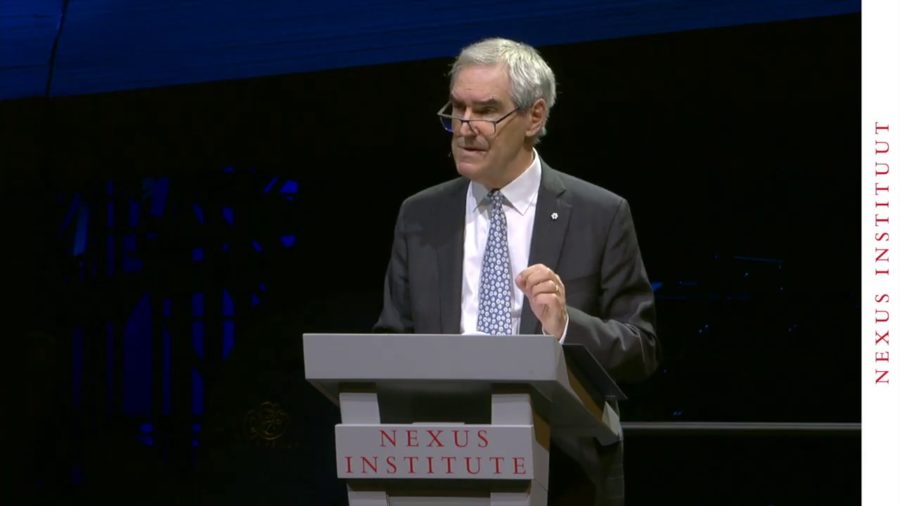
This emerging narrative of catastrophe is putting enormous pressure on all our political beliefs. Now there’s still some conservative parties, some US Republicans for example, who deny the basic facts, but we can be pretty sure I think that any politics that denies the facts doesn’t have much of a future.

